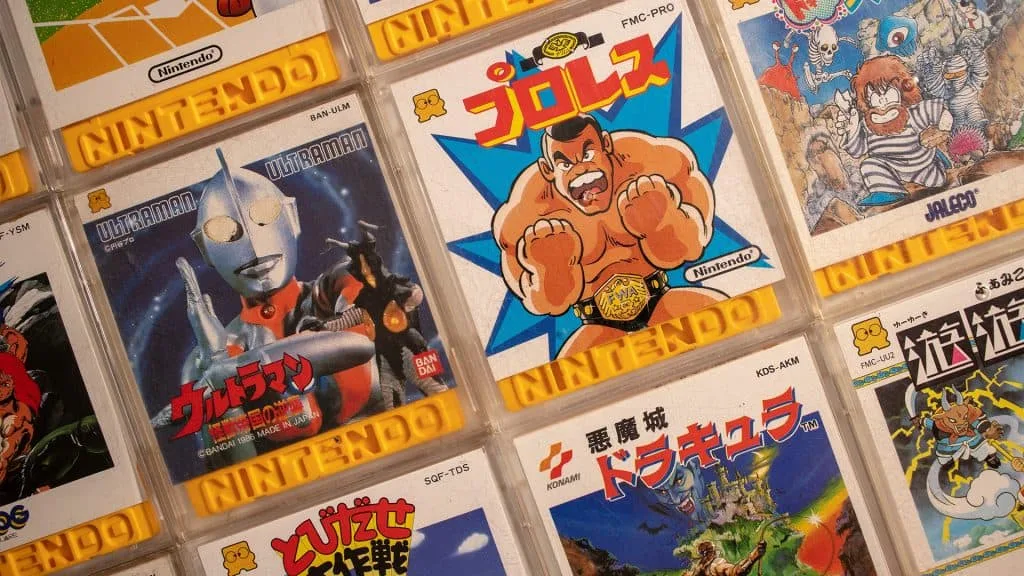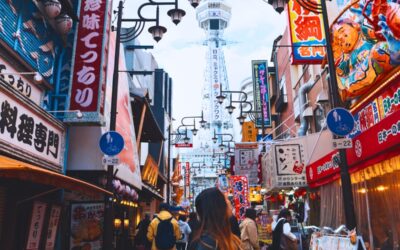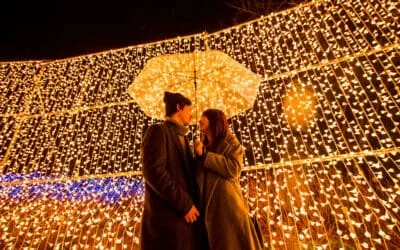Japan offers a fascinating mix of old traditions and modern culture, providing many interesting stories to enjoy. Whether you love reading, watching movies, or binge-watching TV shows, Japanese literature and media have something special to offer. In this post, we’ll explore 19 must-see books, movies, and TV shows from Japan. These picks will give you a taste of the country’s rich culture and storytelling. Get ready to dive into a world of captivating Japanese tales!
One of the best ways to explore Tokyo is to visit the local areas and immerse yourself in the local culture. If you want to explore local areas, we have created scavenger hunt adventures personalised to your interests, filled with fun facts, clues and puzzles. If you’re curious, you can check out the games here! Check out the Flip Japan Games here! |
One of the best ways to explore Tokyo is to visit the local areas and immerse yourself in the local culture. If you want to explore local areas, we have created scavenger hunt adventures personalised to your interests, filled with fun facts, clues and puzzles. If you’re curious, you can check out the games here! Check out the Flip Japan Games here! |
Must-Read Japanese Books
If you’ve never read Japanese books before, or you have and you want to read more, check out this list we’ve put together. These are Japanese books and literature from ancient Japan. The language used might be archaic but their stories are worth the effort it takes to get through them!
Historical Japanese Books
The Tale of Genji

“The Tale of Genji” is considered the world’s first full-length novel. This Japanese book was written between 1000 and 1012 by Shikibu Murasaki, also known as Lady Murasaki. As the title implies, it tells the tale of Genji, a prince-turned-commoner playboy. While the novel focuses on his life and his various love affairs, there are numerous other intriguing storylines with around 400 other characters, all set in Japanese aristocratic society during the Heian period.
It’s a longer novel than most, with 54 chapters and around 1,300 pages, but it’s got everything: drama, romance, mystery, and more. If you’re a fan of Japanese literature or you just want something different to read, then give “The Tale of Genji” a shot.
Kojiki and Nihon Shoki


The “Kojiki,” translated as “Records of Ancient Matters,” is a compilation of Japanese myths, legends, and folklore, written around 711 or 712. It tells the stories of numerous Japanese gods and how they created Japan and Japanese practices and beliefs.
Not long after the “Kojiki,” a similar text was published in 720: “The Nihon Shoki,” sometimes called the “Nihongi,” and often translated as “The Chronicles of Japan.” It, too, chronicles ancient Japanese myths and legends but is more detailed and covers a wider time range (its accounts continue till the 8th century, whereas the “Kojiki” ends mid-7th century).
If you like fantasy tales or stories about the supernatural and divine, then give these two a shot. While they’re both compilations of short stories, some stories may make references to others, so you may get lost if you skip chapters. I recommend reading all the chapters in chronological order.
Anthology of Japanese Literature

If you don’t want to commit to just one text or you want to cover a wider range of classic Japanese literature, then consider this Japanese book. It is a compilation of poems, short stories, theatre scripts, and specific chapters from novels, from ancient Japan to the Tokugawa period (mid-19th century). It includes the works of famous poets, scriptwriters, and authors like Basho, Chikamatsu Monzaemon, and Lady Murasaki.
If you’ve never read classic Japanese literature before, this book is a good place to start. It’s not for everyone and may be challenging to get through, but it’s definitely an interesting read and a good way to learn about Japanese values of impermanence, honour, and shame.
Fictional Japanese Books
Sayonara, Gangsters by Genichiro Takahashi

“Sayonara, Gangsters” is set in the future, in a bizarre world that we are introduced to in bits and pieces by the titular character. When I say this story is bizarre, I mean it’s the epitome of bizarre. There’s a ferris wheel that commits suicide, a prison guard that one day realises he isn’t actually a prison guard, names that kill people, a ‘Gila Monster’ that changes form every time you try to describe it, Virgil from Dante’s Inferno reincarnated as a refrigerator, and much more.
Despite how out-of-this-world this story is, it is hauntingly and beautifully familiar. There are values and emotions that we can all relate to: beauty, death, heartache, redemption, shame… The aforementioned ferris wheel screams and bleeds just like we do, and Virgil the Refrigerator retains his human consciousness and then goes on to question it, just as our poets and philosophers have.
This story is a reflection of our world and our beings, but in one of those silly mirrors that make us look all out of whack, though still recognisable.
From the Fatherland, With Love by Ryu Murakami

Many people know Haruki Murakami, but this is the other literary Murakami: Ryu Murakami. Most of his books are violent, gratuitously gory, incorporate drug use, and feature psychotic characters. If that sounds like your cup of tea, then check out his novels, “In the Miso Soup,” “Audition,” and “Piercing” (this one made me so sick at one point that I had to put it down for a few minutes).
But the book I want to highlight here is one that deviates from his usual formula: “From the Fatherland, With Love.” It’s set in 2011, and a small group of highly-skilled, trained North Korean special forces troops have invaded Fukuoka and taken its residents hostage. If they are not stopped, 120,000 more troops will soon join them.
The story is about how the North Korean troops operate, how the Japanese government works behind the scenes, and how a small gang of misfits, each specialising in a special type of warfare, seems to be the only hope for resistance against the invaders.
1Q84 by Haruki Murakami
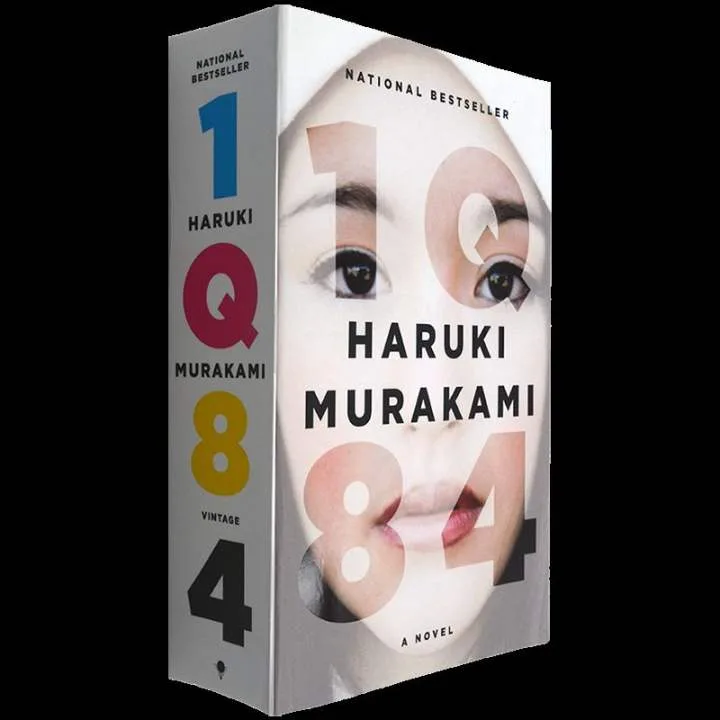
These days, you can’t talk about Japanese books without mentioning Haruki Murakami. He’s arguably the most famous Japanese author now and will probably receive the Nobel prize for literature someday.
My favourite novel of his is the 925-pages-long “1Q84.” Briefly, it’s a story about an assassin and a novelist who both find themselves in a world with two moons and “little people.” And there’s a religious cult somewhere. While the plot is a huge draw (there’s mystery, conspiracy, surrealism, romance), what I really love about this book are the characters, all so well-developed with complex histories and presents, and with honest, deep and beautiful connections with one another.
Non-Fiction Japanese Book
Confessions of a Yakuza by Junichi Saga

This is the true-life story of Eiji Ijichi, a yakuza boss. The author of the book was his doctor who, whenever he made a house visit, would sit and have tea with Ijichi. During those conversations, they would speak of Ijichi’s past. At some point, the doctor began taping their conversations and used those tapes to write this book.
The Japanese book is about Ijichi’s life experiences: his love affairs, receiving treatment for syphilis back when modern procedures weren’t available yet (I cringed just reading about it), his military service in occupied Korea, joining a yakuza gang, becoming a yakuza boss, his time served in prison, his experiences during and after WWII, and more. He has a fascinating tale from start to finish.
Must-Watch Japanese Movies
A disclaimer: I am not the biggest fan of Japanese movies. Oftentimes, I find them overdramatic to a comical level. However, here are some I truly cherish! They are great Japanese movies and some of the best films I’ve ever come across.
Outrage (2010)

“Outrage” is a gripping Japanese movie about the yakuza, directed by Takeshi Kitano, also known as Beat Takeshi. Kitano is renowned for his yakuza films, often infused with his brand of black humour and violence. However, “Outrage” stands out for its intense drama and suspense, rather than humour. The film centres around a large yakuza syndicate controlling the Kanto region, following various members as they vie for power and safety. The intricate betrayals and power plays make it a slow burn, but once the action starts, it doesn’t let up.
Ryuzo and the Seven Henchmen (2015)
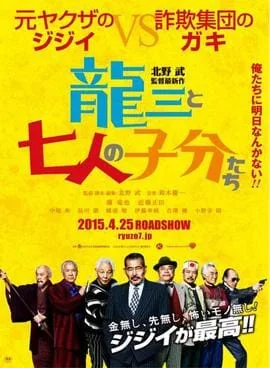
Another gem from Takeshi Kitano, “Ryuzo and the Seven Henchmen” is a comedy that contrasts sharply with “Outrage.” This Japanese movie follows eight retired yakuza members who long for their glory days. Deciding to come out of retirement, they form a new yakuza syndicate. However, the modern world has moved on, and they find themselves up against younger, more technologically savvy criminals. The film’s humour and heart make it a delightful watch.
Studio Ghibli Films
Studio Ghibli has produced some of the most beloved animated films worldwide. Known for their imaginative worlds and rich storytelling, these Japanese movies are a must-watch.
Spirited Away (2001)
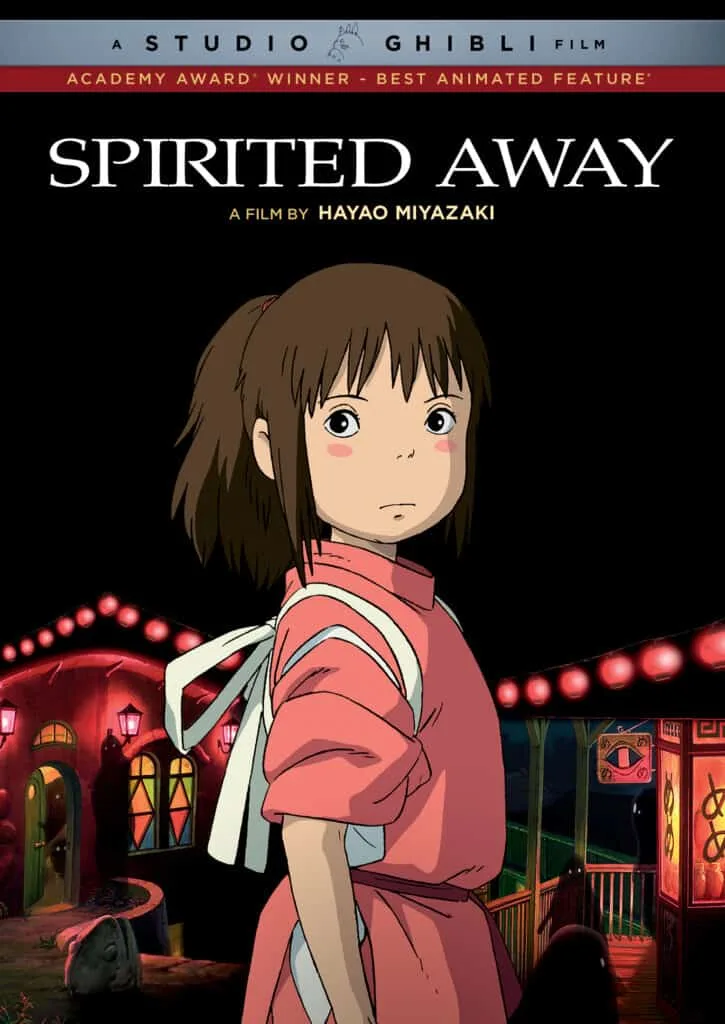
Directed by Hayao Miyazaki, “Spirited Away” follows a young girl named Chihiro who gets trapped in a spirit world and must work in a bathhouse to free herself and her parents. The film’s vibrant characters and enchanting story make it a standout in Japanese animation.
Howl’s Moving Castle (2004)

Based on Diana Wynne Jones’s novel, “Howl’s Moving Castle” tells the story of a young girl cursed by a witch and turned into an old woman. She befriends a wizard named Howl, and together they navigate a magical world at war. This Japanese movie is known for its stunning visuals and touching narrative.
Perfect Blue (1997)
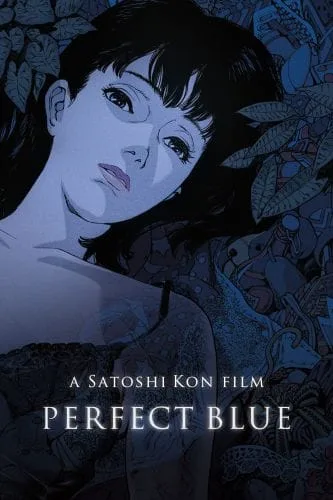
A personal favourite of mine! Perfect Blue is an animated film by the late Satoshi Kon, who often incorporates elements of surrealism in his films and anime series. Though they’re all wonderful (and I highly recommend all of them), I chose to write about Perfect Blue over the others because I’m a fan of horror, and Perfect Blue is chilling. It follows Mima, a young pop idol who decides to quit her pop idol group to pursue a solo career as an actress, disappointing many fans, and one obsessive one in particular.
To make matters worse, there appears to be an imposter Mima that posts blog entries online, with detailed information that only Mima herself could have known. Throw in some threatening faxes and letters, and you have one compelling, scary mystery.
Perfect Blue blends reality, dreams and Mima’s acting role on a TV show perfectly. There are transitions between scenes that leave you unsure of its true nature, and entire events that make you wonder if they did or did not actually take place. This is one film that will keep you guessing and curious for more, so definitely check this one out!
Akira (1988)

Akira is an iconic series in manga and one of the first few Japanese animated films to find success and gain a huge following outside of Japan. It’s set in dystopian Neo-Tokyo in the year 2019 and tells the story of telekinetic members of a biker gang taking on a corrupt, power-hungry Japanese government and military.
Though it was made in 1988, its visuals are still admired today, and it is still widely regarded as one of the best animated and sci-fi movies of all time. It is a Japanese classic that everyone should watch at least once.
Battle Royale (2000)
Think of this Japanese movie as the first Hunger Games. Battle Royale kick-started the trend of, well, battle royales. The film takes place in an alternate reality where Japan won WWII, and the government now has control over everything. The totalitarian government establishes a military program where they place a randomly selected class of junior high school students (15-year-olds!) on an island where they have to fight to the death.
It’s a dark Japanese movie with bits of black humour and graphic violence, and it’s interesting to see how Japanese people would approach a battle royale differently from Westerners.
It received wide acclaim, and famous director Quentin Tarantino even said it was the best film he had seen in two decades, and that if there’s one movie he wished he had directed himself, it was Battle Royale. Despite these accolades, Battle Royale also received a lot of criticism, especially from the Japanese government who called it “crude and tasteless”, and was banned in many countries until recently. Give it a shot and decide for yourself if it’s a good film!
Must-Binge Japanese TV Shows
Besides anime and manga, there are a lot of highly entertaining Japanese TV shows. Similar to the Japanese movies, they tend to be quite dramatic and emotional, so if you’re looking for a good tearjerker, Japanese TV shows are it. Here are some of my favourite binge-worthy Japanese TV shows.
Long Vacation (1996)
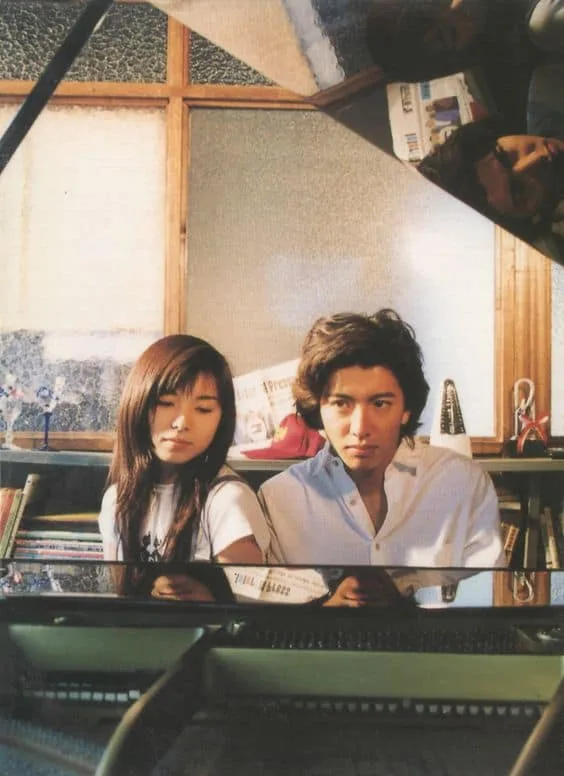
Long Vacation is a classic with impressive ratings, known by almost every Japanese household. It follows the life of a model who, when her fiance disappears on the day of their wedding, is forced to live with a dull pianist. The show explores realistic difficulties in life and relationships broken and made.
One Litre of Tears

This series is based on the true story of a 15-year-old girl who suffered from a degenerative disease. It explores her struggles and difficulties, and connects with audiences’ hearts. Prepare tissues for a good cry.
Hero (2014)
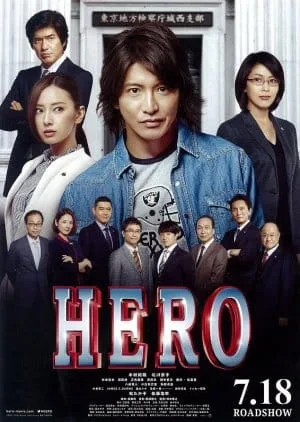
This Japanese TV show received the highest viewership ratings in 25 years. The plot follows a prosecutor working for the Tokyo District Public Prosecutor’s Office. He often works in unconventional ways that causes a lot of drama and incidents, with unintended consequences.
Terrace House

Terrace House is one of few Japanese reality TV shows. It follows three Japanese men and three Japanese women temporarily living in a house together. Drama and romance ensue as these strangers meet and cohabitate with one another. It’s an interesting show that reveals how Japanese people interact with one another and how they approach love and relationships.
Immerse Yourself in the World of Japanese Storytelling
Exploring Japanese books, movies, and TV shows opens up a world of rich storytelling and unique cultural insights. From the gripping dramas of Takeshi Kitano’s yakuza films to the enchanting worlds of Studio Ghibli, Japanese cinema offers something for every taste. Animated classics like “Akira” and psychological thrillers like “Perfect Blue” push the boundaries of the medium, while heartwarming TV shows like “Long Vacation” and tearjerkers like “One Litre of Tears” delve deep into human emotions and everyday life.
Whether you are a seasoned fan or a newcomer to Japanese media, the selections in this list promise to captivate and inspire. They not only provide entertainment but also offer a window into the diverse and fascinating aspects of Japanese culture. So, grab a book, pick a movie, or binge-watch a series, and immerse yourself in the extraordinary world of Japanese storytelling. Happy watching and reading!
Let us know in the comment section which ones of these Japanese books, movies and TV shows you’ve seen, and which ones you are curious about.
Want to find out more about Japan? Stay tuned to Flip Japan Guide for more information about Japan travel, Japanese culture, moving to Japan, living in Japan, Japanese language, Japanese culture, and more.

